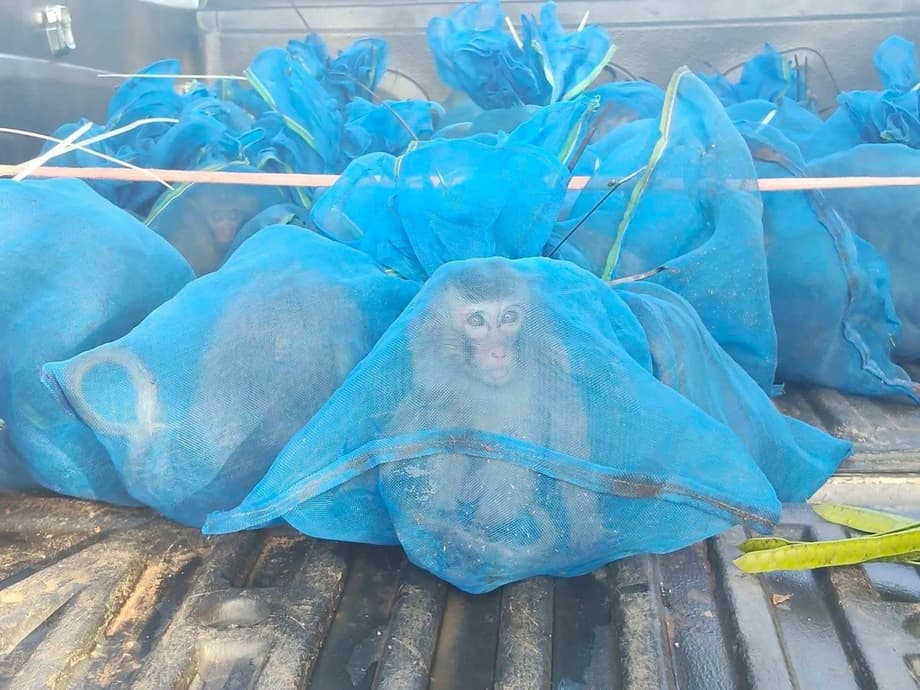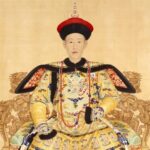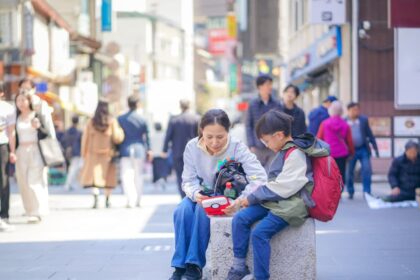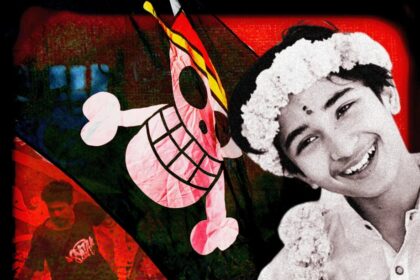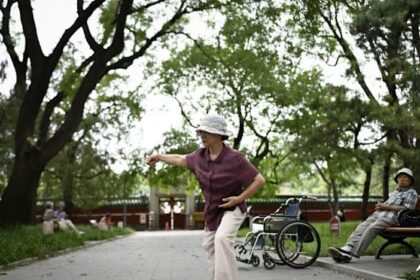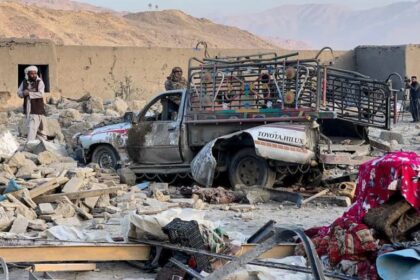A day of raids near the Cambodian border
Thai rangers and police rescued 143 long tailed macaques and arrested two men during coordinated patrols in Sa Kaeo province near the Cambodian frontier. Officers say the animals were bound in blue mesh bags and crammed into baskets and a pickup truck, with some monkeys so weak they required immediate care. Drugs were seized from one vehicle, and investigators believe the animals were destined to be moved across the border.
The rescues took place hours apart in Khlong Hat and Aranyaprathet districts. In the first incident, patrols drawn by unusual animal calls searched a sugarcane field in Khlong Hat and uncovered 10 plastic baskets hidden among the stalks. Inside were 62 macaques native to Southeast Asia, a species now listed as endangered. Later that day in neighboring Aranyaprathet, a separate patrol spotted two men unloading heavy blue bags from a pickup on a rural road close to the frontier. A chase followed, and officers detained two Thai nationals. Their truck held 81 more macaques, along with methamphetamine pills and crystals, according to authorities.
The animals from both scenes were moved to a wildlife rescue center for treatment. The suspects face charges tied to possession and trade of protected wildlife without permits, along with narcotics offenses. Police say the men told investigators they had been hired to move the animals into Cambodia, a route used by wildlife brokers over many years. Thailand is a major hub for the illicit wildlife economy, which global estimates place between 7.8 and 10 billion dollars each year. The seizures highlight a persistent risk to macaque populations and a steady demand that reaches far beyond the region.
How the two busts unfolded
Authorities say both cases show how traffickers hide animals in rural edges near the border, using farm cover and quiet roads to stage and move shipments. The patrols, part of regular sweeps in Sa Kaeo province, converged on the locations after hearing distress sounds and spotting hurried unloading from a pickup.
Sugarcane field discovery in Khlong Hat
Rangers checking a sugarcane field found 10 plastic baskets hidden in the crop. Inside were 62 long tailed macaques, 44 males and 18 females, bound in blue nylon mesh bags. Officers said several appeared dehydrated and lethargic. The animals were transported to a local wildlife rescue center for triage, rehydration, and observation.
Car chase in Aranyaprathet
Hours later, rangers in Aranyaprathet saw two men unloading blue bags from a pickup truck on a rural road near the border. When officers approached, the men fled in the vehicle. After a short chase, rangers and police stopped the truck and arrested two Thai suspects. Inside were 81 macaques, 30 males and 51 females, stuffed tightly in mesh bags, authorities said. Officers also found methamphetamine. The suspects were transferred to police custody and face charges under wildlife protection and narcotics laws. Investigators say the men admitted during questioning that they had been hired to smuggle the monkeys into Cambodia.
Somruek Suppamitkrisana, Director of the Wildlife Conservation Division, said the back to back finds show the area remains under pressure from organized trafficking groups focused on this species.
“The discovery of consecutive cases like this confirms that the border area remains a target for wildlife trafficking networks, especially for long tailed macaques, which are in high demand internationally.”
Why long tailed macaques are targeted
Long tailed macaques are widely used in biomedical research because their physiology and immune response can resemble aspects of human biology. Laboratories have relied on them for vaccine work and drug safety testing for decades. That demand has driven large commercial breeding operations in parts of Southeast Asia. It has also encouraged poachers to fill gaps in supply when legal stock runs short.
The pandemic disrupted transport and supply chains and prompted criminal cases against alleged monkey laundering, where wild caught animals were allegedly passed off as captive bred. Supplies tightened and prices surged. By 2023, industry prices cited by advocacy groups placed individual research macaques in the United States at around 20,000 to 24,000 dollars per animal. High prices make poaching and smuggling attractive for brokers who can pay local trappers a fraction of that sum.
The International Union for Conservation of Nature moved the long tailed macaque to endangered status due to hunting pressure and habitat loss. Removal of wild macaques harms troop structures and increases disease risks, since stressed animals are more vulnerable to illness. Demand does not come only from research. Poachers also supply the pet trade and unlicensed attractions, which creates parallel markets for infants and juveniles.
A regional trade that exploits border gaps
Smuggling networks across mainland Southeast Asia use border towns, forest edges, and river crossings to move wildlife. The Thai Cambodian frontier around Aranyaprathet and Poipet has long been a staging area for goods that can be shifted quickly across short distances. Stash points in fields or along rural lanes allow traffickers to wait for the right moment to cross.
Traffickers often capture small numbers of animals from many locations, keeping them in bags or small cages until they reach a shipment size that is profitable, which can be several dozen to around one hundred monkeys. City temples and urban parks in Thailand, where macaques are accustomed to people, are frequent targets for trappers. Methods can include nets and blow darts, along with baited cages.
Official trade data reflect the scale of the legal side of the market. Convention on International Trade in Endangered Species records show Cambodia exported more than 170,000 live macaques between 2019 and 2023, while Vietnam recorded more than 45,000 over the same period. Conservation groups have warned that some trade labeled as captive bred may contain animals laundered from the wild. Concerns have been raised in parts of the region about inflated wildlife population estimates and weak oversight of breeding facilities that supply research buyers.
The United States prosecuted several defendants in 2022 in a case that alleged wild caught macaques from Cambodia were shipped to research buyers as if they were captive bred. That case, along with pandemic era disruptions, tightened scrutiny and increased scarcity. Border seizures in Thailand have since spiked, but officers and experts say many shipments still slip through.
Enforcement and recent crackdowns in Thailand
Thai agencies have stepped up checks on highways, border tracks, airports, and parcel hubs. Multi agency patrols and the army’s ranger regiments have been active along the Cambodian frontier, where drug, wildlife, and migrant smuggling often overlap. Coordination with wildlife officials helps ensure seized animals are moved quickly to care facilities.
Recent cases illustrate the breadth of the illicit market. Earlier this year, police arrested a man in Bangkok who was found with two baby orangutans. In March 2024, customs officers at Bangkok’s main airport found an endangered red panda alongside 86 other live animals in luggage on a flight bound for Mumbai. Last year, Thai authorities sent almost one thousand endangered tortoises and lemurs back to Madagascar after a joint operation. Wildlife trade monitors reported more than seven thousand animals seized along the Thailand to India air route over three and a half years, underscoring the scale of trafficking beyond macaques.
The two men arrested in Aranyaprathet now face wildlife and drug charges. Convictions under Thailand’s wildlife and narcotics laws can bring prison terms and heavy fines. Investigators are working to identify handlers and buyers higher up the chain. Cross border cooperation is essential for dismantling networks that move animals into neighboring countries and onward to international markets.
Rescue, rehab, and release: what happens to confiscated monkeys
Rescued macaques typically undergo initial veterinary checks, fluids, and nutritional support. Many arrive dehydrated, stressed, or injured from tight bindings and transport. Standard protocols include quarantine to prevent disease spread within rescue centers and to test for conditions such as tuberculosis and herpes B virus. Staff monitor behavior and social grouping, since macaques are social animals that depend on stable troop dynamics.
After stabilization, centers assess if animals can return to the wild. Release becomes difficult if origins are unknown, if animals were taken from far away habitats, or if they have injuries that limit survival. Some individuals may remain in long term sanctuary care. When possible, wildlife officers coordinate soft release in suitable habitat with careful monitoring.
Preventing new poaching is central to giving rescued populations a chance to recover. That includes visible patrols on border approaches, undercover work targeting brokers, and audits of facilities that claim to breed macaques for export. Reducing demand in consuming countries through better oversight of sourcing and support for alternatives to animal testing can lower pressure on wild populations over time.
Key Points
- Thai authorities rescued 143 long tailed macaques in two linked cases near the Cambodian border in Sa Kaeo province.
- First case: rangers found 62 macaques hidden in baskets in a sugarcane field in Khlong Hat district.
- Second case: two Thai men were arrested after a chase in Aranyaprathet; 81 macaques and methamphetamine were found in a pickup.
- Police say the suspects admitted they were hired to move the animals into Cambodia.
- Long tailed macaques are endangered and in high demand for biomedical research, the pet trade, and unlicensed attractions.
- Regional trafficking networks exploit border gaps; seizures in Thailand have increased, but many shipments likely evade detection.
- Thai crackdowns this year included baby orangutans in Bangkok and a red panda with 86 other animals at Bangkok airport.
- CITES data show large legal exports of macaques from Cambodia and Vietnam, while conservation groups warn about laundering of wild caught animals.


